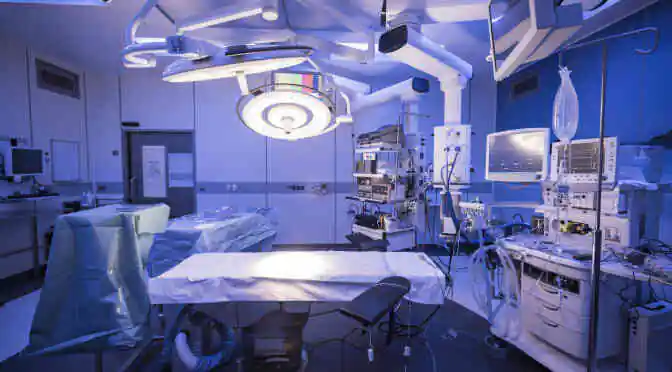Radio Frequency Identification, also known as RFID, is being adopted by a number of industries. One industry that has particularly benefited from RFID is Healthcare. Healthcare is quite complex and multi-faceted, therefore it requires low cost, easy-to-use technology that can streamline processes and improve delivery. Initially, only a small percentage of hospitals were willing to use RFID due to a lack of funds, resources, and general understanding of the technology. However, now that RFID is becoming more mainstream, the percentage is growing and will continue to do so over the next few years.
Blood sample monitoring
Hospitals and blood banks deal with thousands of blood samples that need to be properly tracked and stored for research, analysis, and transfusion. With such a high volume, precision is absolutely paramount. Any errors, including sample loss can result in patient endangerment and a great deal of financial loss for the facility. Therefore, blood samples require an efficient and effective monitoring system – which is where RFID comes in. RFID provides a time-efficient and safe way to manage samples, while at the same time helping to eliminate human error. RFID also plays an important role in improving general patient management and increasing the efficacy of documentation. While RFID is costly to implement, it is a long term investment that helps medical facilities save money over time.
Blood transfusion
RFID also plays an important role in the blood transfusion process, as it is used to confirm that transfusions have been made and to ensure that a patient is receiving the right blood. Each blood bag is given a specific RFID tag, which can then transfer information regarding a transfusion to a database for seamless data tracking and storage. Before RFID, every single blood bag had to be hand labeled and assigned a bar code – a costly process that took a great deal of time and manpower. As with sample tracking, RFID streamlines the transfusion process and reduces the rate of error, which is especially important given that the procedure is, in most cases, a life-saving one.
The future of RFID in healthcare
While RFID technology has proven to be incredibly beneficial to the healthcare industry, there are still many hospitals that haven’t adopted it, for various, often financial reasons. This means that the market opportunity is huge, especially since there are only a handful of vendors that make up the competitive landscape. The potential for large-scale monetization of RFID in blood monitoring will see new vendors making their way into the market and a domino-effect in hospitals. Further, RFID is sure to find its way into other healthcare-related processes, as its applications still remain largely untapped.
Want to learn more about where the market is headed?
Pre-order the 2016-2020 Global RFID Blood Monitoring Systems Market Report at 20% Off



